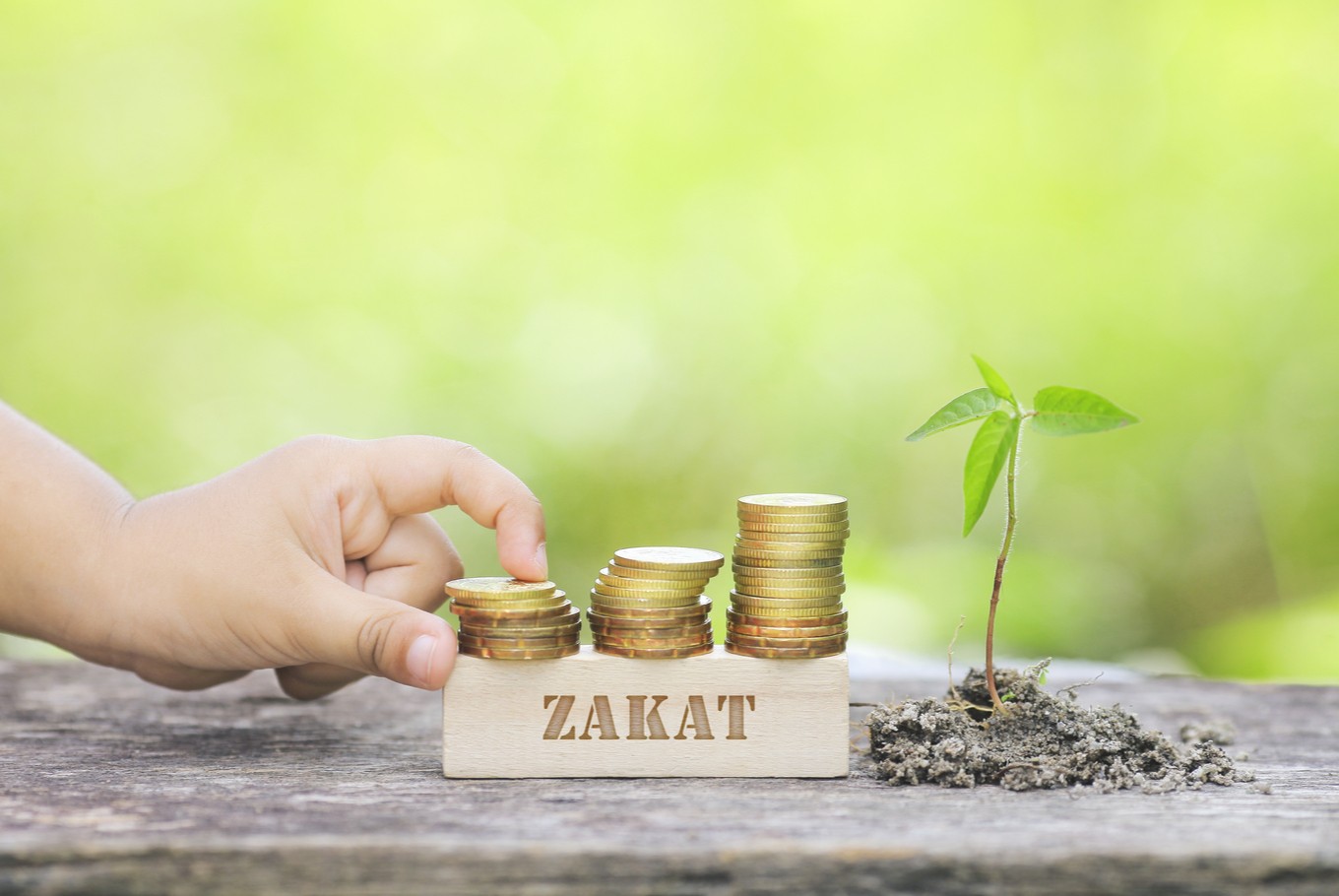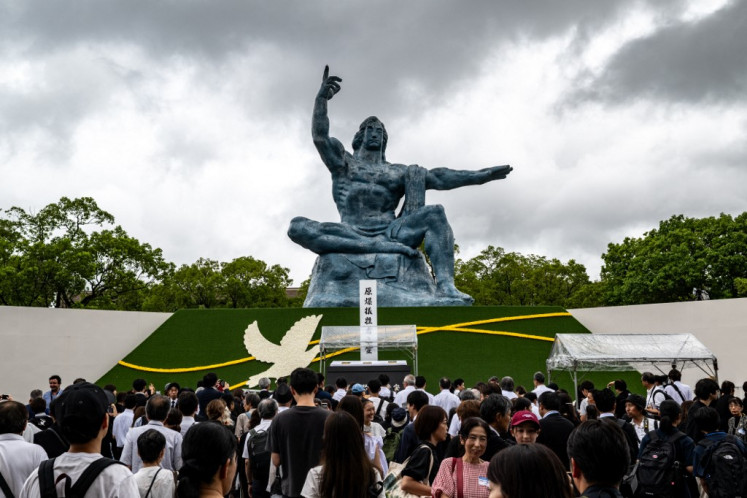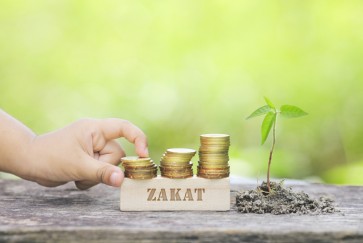Popular Reads
Top Results
Can't find what you're looking for?
View all search resultsPopular Reads
Top Results
Can't find what you're looking for?
View all search resultsEmpowering women through an Islamic finance lens
With women's access to loans from formal financial institutions recorded at 27 percent, it remains an uphill battle for the government alone to realize gender equality.
Change text size
Gift Premium Articles
to Anyone
M
uslims around the world have just celebrated Eid. As part of the holiday celebration, they are obliged to pay zakat al-fitr – special obligatory alms paid at the end of the month of the ritual fast. The focus should be widened so that zakat can have a positive impact on both women and men.
Since poverty is seen as a failure to reach an absolute level of capability, engaging zakat to unlock equal access is paramount. Nowadays, there is a shift in utilizing zakat for productive programs. Many zakat organizations focus their programs on strengthening micro-entrepreneurs, empowering mustahik (zakat recipients), including women, for long-term socioeconomic resilience.
If individuals are productive, they are more likely to expand access to basic rights and self-actualization. And when productivity increases, the possibility to transform mustahik into muzaki (zakat payer) is higher. This has a real knock-on effect on poverty alleviation.
In Indonesian politics, women won 120 of 575 parliamentary seats in the last election, marking a step up in women’s participation. Unfortunately, the numbers have not been as favorable in the labor market, where women’s participation remains low. Approximately one in three (an average of 34.65 percent) women aged 15 or above is in formal employment (Statistics Indonesia/BPS, 2020).
A similar story can be found in finance. Although women’s financial literacy index for the first time surpasses that of men according to the 2022 Financial Literacy and Inclusion Survey by the Indonesian Financial Services Authority (OJK), women’s financial inclusion is still far behind. With women's access to loans from formal financial institutions recorded at 27 percent (Fiscal Policy Agency/BKF and the United Nations Development Program/UNDP, 2022), it remains an uphill battle for the government alone to realize gender equality.
The main issue is gender stereotyping and traditional gender roles where women take on domestic responsibilities. The common misconception of preassigned gender roles in the household economy often manifests in institutional barriers that hinder the equal participation of women.
The perception is often deeply rooted in the division of roles between men and women when it comes to the household, which is often associated with traditional religious views. Does this prevail in Muslim-majority Indonesia?



















